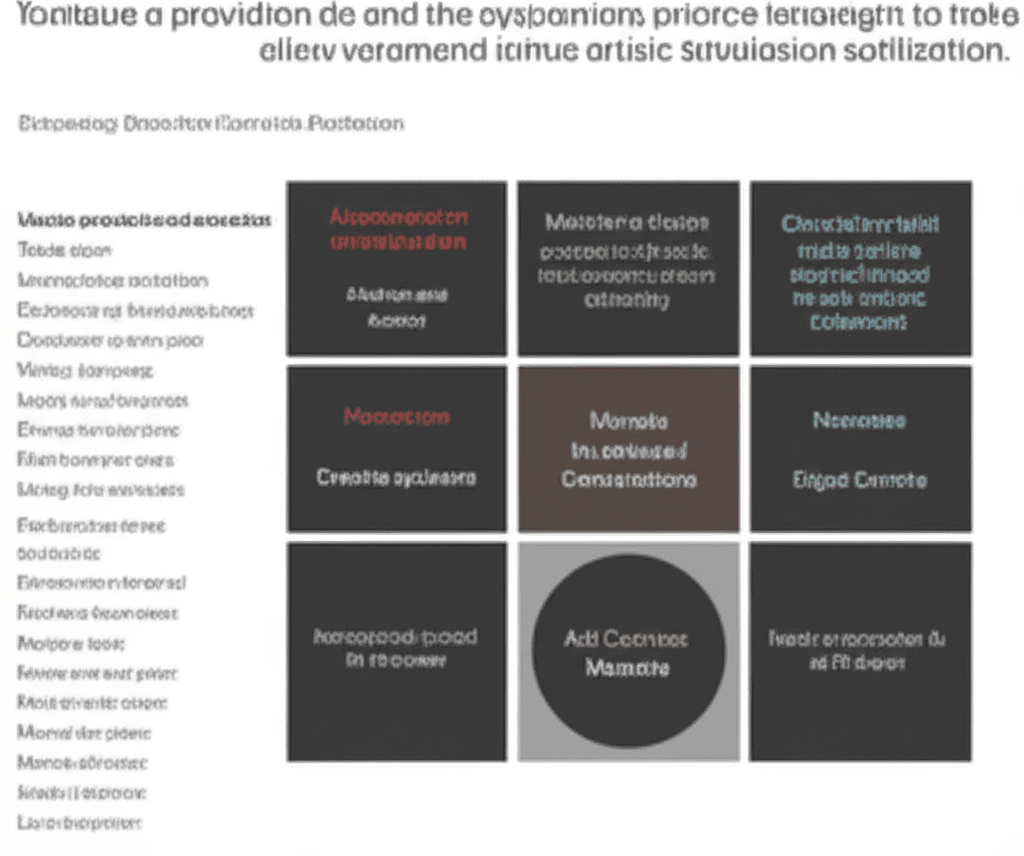The pursuit of weight loss often conjures images of restrictive diets, grueling gym sessions, and a constant battle against cravings. But what if there was a simpler path? What if you could shed significant weight, say 10 kilos, by adopting what a fitness coach calls the “laziest ways” – effortless habits that integrate seamlessly into your daily life without the need for strict dieting?
Many people find crash diets unsustainable, often leading to weight regain once restrictions cease. Instead, experts and coaches advocate for long-term, sustainable lifestyle changes that promote well-being and consistent results. This approach focuses on making small, manageable adjustments that collectively create a calorie deficit, allowing the body to naturally burn more energy than it consumes, ultimately leading to weight loss.

The “Lazy” Philosophy: Sustainable Habits Over Strict Diets
The core idea behind these “lazy” methods is to leverage the body’s natural processes and make subtle shifts in behavior that don’t feel like monumental efforts. It’s about working with your body, rather than against it, to foster a healthy relationship with food and activity. This often involves focusing on what you can add to your routine rather than what you must eliminate, making the journey more positive and less about deprivation. The benefits extend beyond the scale, including improved mental wellness and increased energy.

Coach Eric Roberts’ Top 3 “Effortless” Strategies
According to fitness coach Eric Roberts, achieving significant weight loss without strict dieting is entirely possible by incorporating a few key “lazy” strategies. His recommendations focus on optimizing digestion, metabolism, and satiety through simple, consistent actions.
Post-Meal Walks for Digestion and Calorie Burn
One of Roberts’s primary “lazy” tips is to engage in a short walk after every meal. This doesn’t require an intense workout; a simple 10 to 15-minute stroll, either outdoors or even around your house or office, can make a significant difference. This gentle movement adds up to an estimated 3,000 to 5,000 extra steps daily, which not only burns more calories but also aids digestion, boosts energy levels, and can help reduce bloating. Regular physical activity, even in small increments, contributes to overall weight loss, especially when combined with healthy eating.
Powering Up with Morning Protein
Another cornerstone of Roberts’s advice is to prioritize protein intake early in the day. He suggests consuming 20 to 30 grams of protein within two hours of waking. Protein is an essential nutrient that supports tissue building and repair, enzyme and hormone production, and various bodily functions. More importantly for weight loss, protein is highly satiating, meaning it helps you feel fuller for longer, which can naturally reduce overall calorie intake throughout the day. Starting your day with a protein-rich meal can also kickstart your metabolism.
Ditching Liquid Calories for Pure Hydration
Roberts also emphasizes the importance of smart eating and hydration habits, specifically cutting out liquid calories while staying adequately hydrated. While ensuring you drink 20 to 40 ounces of water within two hours of waking is crucial for metabolism and overall body function, he advises eliminating virtually all other liquid calories, with the exception of protein shakes. This means being mindful of energy drinks, sugary beverages, and even certain types of milk, which can contribute significant hidden calories without providing much satiety. Water, on the other hand, can help you feel full, aid in digestion, and may even boost metabolism.

Beyond the Basics: More “Lazy” Hacks for Weight Loss
In addition to Coach Roberts’s specific tips, several other “lazy” or low-effort strategies are backed by experts and can significantly contribute to losing 10 kilos without traditional dieting.
Mindful Eating: Slow Down to Slim Down
One of the simplest yet most effective changes is to practice mindful eating. This involves paying attention to the look, smell, taste, and feel of your food, as well as the act of chewing and swallowing. Eating more slowly gives your brain time to register fullness, which can lead to decreased food intake and smaller portion sizes without feeling deprived. Avoiding distractions like television or phones during meals can enhance this awareness and help you identify when you’re truly satiated.
Harnessing the Power of Sleep
Getting sufficient, quality sleep is often overlooked in weight management, yet it plays a crucial role. Less than seven hours of sleep per night can disrupt hormones involved in metabolism and increase the risk of being overweight or obese. Prioritizing a solid 7-8 hours of sleep can improve mood, cognitive performance, and overall health, while also aiding in weight loss by optimizing hormonal balance that affects appetite.
The Cold Truth: Sleeping Smarter
For an even “lazier” trick while you sleep, consider lowering your room temperature to around 66°F (19°C) at night. Research suggests that a cooler sleeping environment can prompt your body to burn more calories as it works harder to maintain its core temperature, potentially contributing to fat loss.
Strategic Hydration: The Underrated Weight Loss Tool
Beyond cutting liquid calories, strategic water consumption is a simple yet powerful tool. Drinking water before meals can help you feel fuller, reducing overall food intake. Often, thirst can be mistaken for hunger, leading to unnecessary snacking. Keeping a reusable water bottle handy and aiming for at least eight cups of water per day can help you stay adequately hydrated and support your weight loss efforts.
Embrace Fiber and Whole Foods
Without counting calories, you can significantly impact your intake by focusing on foods with a low calorie density and high fiber content. Fiber-rich foods like fruits, vegetables, legumes, and whole grains provide bulk and satiety with fewer calories. They slow down digestion, keep you feeling full for longer, and support gut health. Incorporating a solid serving of fiber-rich plant foods into each meal can help you naturally eat less without feeling hungry.
Small Movements, Big Impact
While not strictly “lazy” in the sense of doing nothing, integrating more non-structured physical activity throughout your day requires minimal dedicated effort. Beyond post-meal walks, simple actions like taking the stairs instead of the elevator, parking further away to walk more, or even standing for part of your workday can add up to a significant increase in daily calorie expenditure. Even fidgeting and subconscious movements contribute to your metabolic rate, and a consistent step target (e.g., 6,000 to 12,000 steps daily) can combat the natural reduction in movement that occurs with weight loss.
Conquer Stress, Conquer Cravings
Stress can significantly impact weight due to the production of hormones like glucocorticoids, which can increase appetite and trigger emotional eating. Adopting simple stress-management techniques such as deep breathing exercises, meditation, or spending time outdoors can help reduce stress levels, potentially curbing stress-induced cravings and supporting weight loss efforts.

The Science Behind “Effortless” Weight Loss
These “lazy” methods aren’t magic; they work by subtly influencing the fundamental principle of weight loss: creating a calorie deficit. By increasing satiety through protein and fiber, reducing easily consumed liquid calories, and boosting incidental movement, you naturally consume fewer calories or burn more, without the mental burden of strict counting or deprivation. Furthermore, optimizing sleep and managing stress help regulate hormones that play a critical role in appetite, metabolism, and fat storage. This shift towards sustainable habits promotes long-term success and overall health, rather than fleeting results.
Conclusion
Losing 10 kilos doesn’t have to be a daunting task marked by endless restrictions and exhausting workouts. By embracing the “laziest ways” — simple, consistent habit changes recommended by fitness coaches like Eric Roberts and supported by scientific evidence — you can achieve sustainable weight loss. Incorporating short walks after meals, front-loading your day with protein, eliminating liquid calories, and making other small, mindful adjustments to your eating and lifestyle can lead to significant results, proving that sometimes, less effort in the right areas yields more success.






